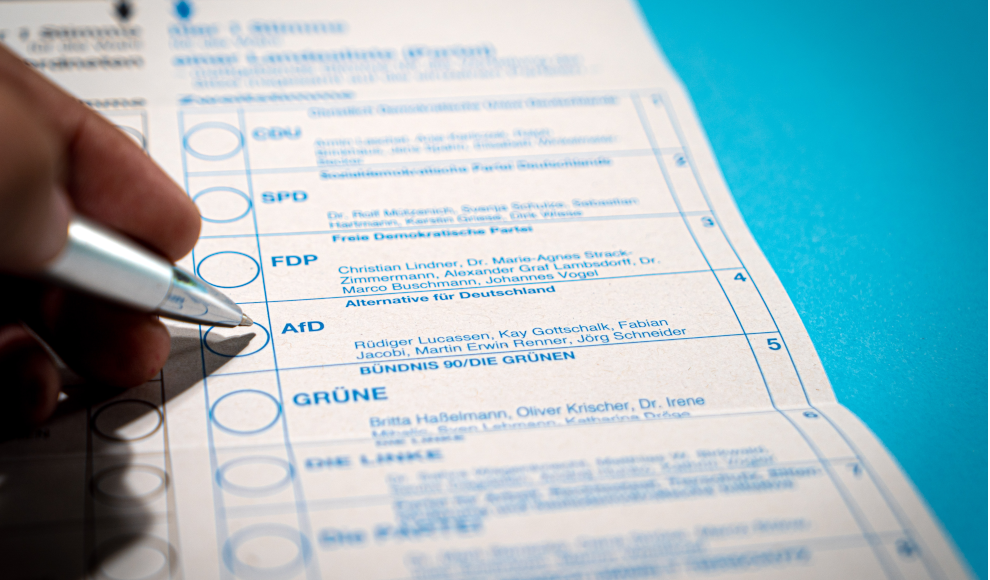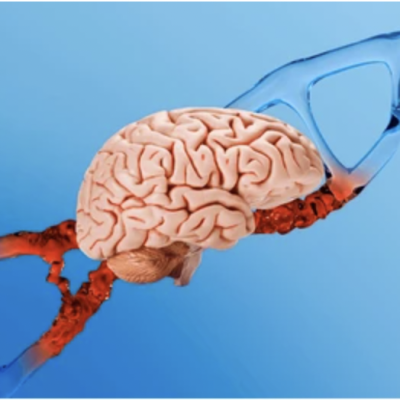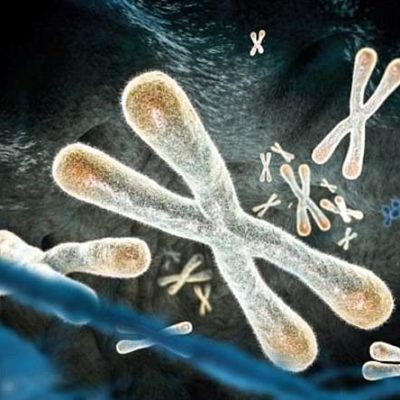A recent study conducted by Tönis Tokko at the University of Tartu has found a correlation between unhealthy lifestyle habits and risky behavior on the road. The study surveyed 817 drivers, both male and female, who were asked about their dietary and exercise habits since 2001. The participants also underwent genetic testing and blood tests, and their data was linked to police and insurance databases. The results showed that individuals who consume energy drinks at least once a week are twice as likely to exceed the speed limit compared to those who consume them less frequently. Additionally, a gene that affects serotonin transport was found to be linked to risky behavior on the road, indicating that biological factors may also play a role in risk-taking behavior.
According to Dr. Oliver Grimm, a leading psychiatrist at the University Hospital Frankfurt, previous studies have already established a link between ADHD and increased risk of traffic accidents. This study from Estonia helps to shed light on the genetic and personality traits that make up this high-risk group. The findings suggest that risky behavior on the road is not solely influenced by psychology, but also by biological factors.
The study also found that individuals who engage in unhealthy habits such as consuming junk food and alcohol are more likely to exhibit risky behavior on the road. These findings highlight the importance of promoting healthy lifestyle habits and raising awareness about the dangers of risky behavior on the road. By emphasizing the link between unhealthy habits and risky behavior, individuals may be more motivated to make positive changes in their lifestyle and driving habits.










